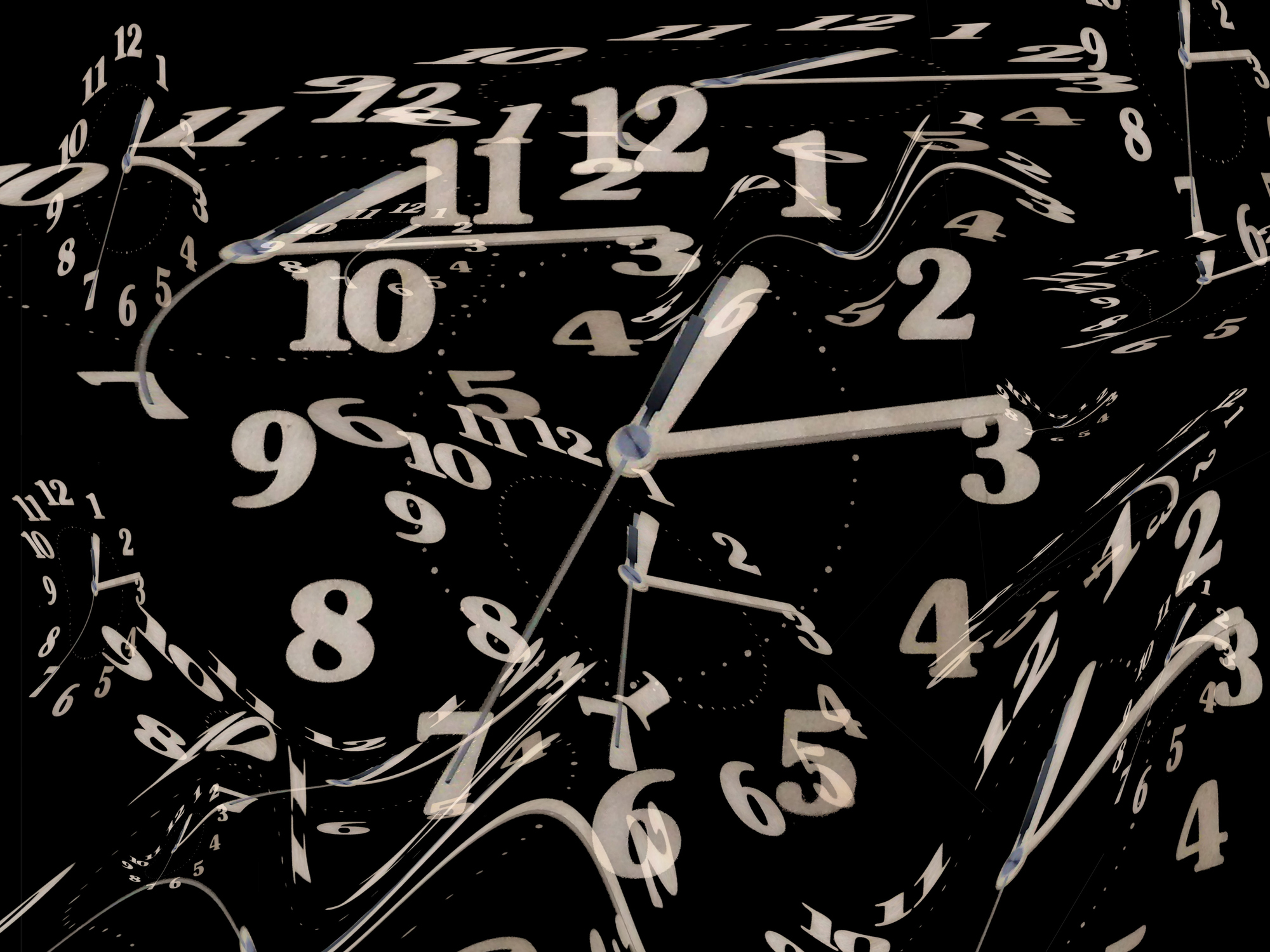There are a few weeks remaining before we turn the clocks back, marking the end of Daylight Savings Time. But if you have been noticing that the weeks seem to be flying by faster, you are not alone. Many people have experienced a strange relationship with time since the pandemic and if you are finding it hard to remember what day it is, or when you last went to the dentist, you are in good company. According to a recent Los Angeles Times opinion column, “COVID-Time” is a lingering side-effect of lockdown and uncertainty during the height of the pandemic.
For some people, time has slowed down and for others, it seems to be speeding by faster than ever. A recent U.K. study found that only 20 percent of people felt that time was passing normally during the pandemic lockdowns. Of the remaining people surveyed, 40 percent said time was passing faster and 40 percent felt it was passing slower.
Because one day blurred into the next without the normal fenceposts to mark the time and day of the week, such as leaving for work, going to appointments, or looking forward to the weekend activities, our experience of time shifted. Although people who reported satisfying social contact said time passed more quickly, many people also reported losing track of time frequently.
As we get older, time really does seem to pass faster. With more years under the belt, a year is a smaller proportion of life, making 12 months seem much shorter than when we were children and time seemed to stretch infinitely.
The pandemic, in forcing us to slow down and to value how we spend our time, may have also had a lasting influence on how we use the time we have. Our priorities may have changed, and what we choose to spend time on may have also altered, leaving us in a different relationship with the passing days.
Learn more about why time seems to speed up as we age by listening to a recent BBC Sounds program – Why Time Flies (and how to slow it down) featuring Duke University physicist Adrian Benjan.






Add Your Voice
0 Comments
Join the Discussion